(Update 2023.08)
Hey there GuineaGang,
Guinea pigs did not originate in New Guinea and they are not pigs. The origin of their name is mostly unknown, but you might be right in guessing that the latter part of their name has something to do with all of the noises they make. These chatty pets tend to make quite a ruckus with their squeals, chirps, and chatter, but what does it all mean?
You may have noticed throughout the last vlog that both of my guinea pigs were being very vocal. There was lots of wheeking and chattering, mostly at each other, signaling all sorts of different emotions. Usually when my guinea pigs are as vocal as they were in that vlog, it means they're feeling strongly about something. They could be expressing a range of emotions from happiness to frustration, but whatever it is, they mean it!
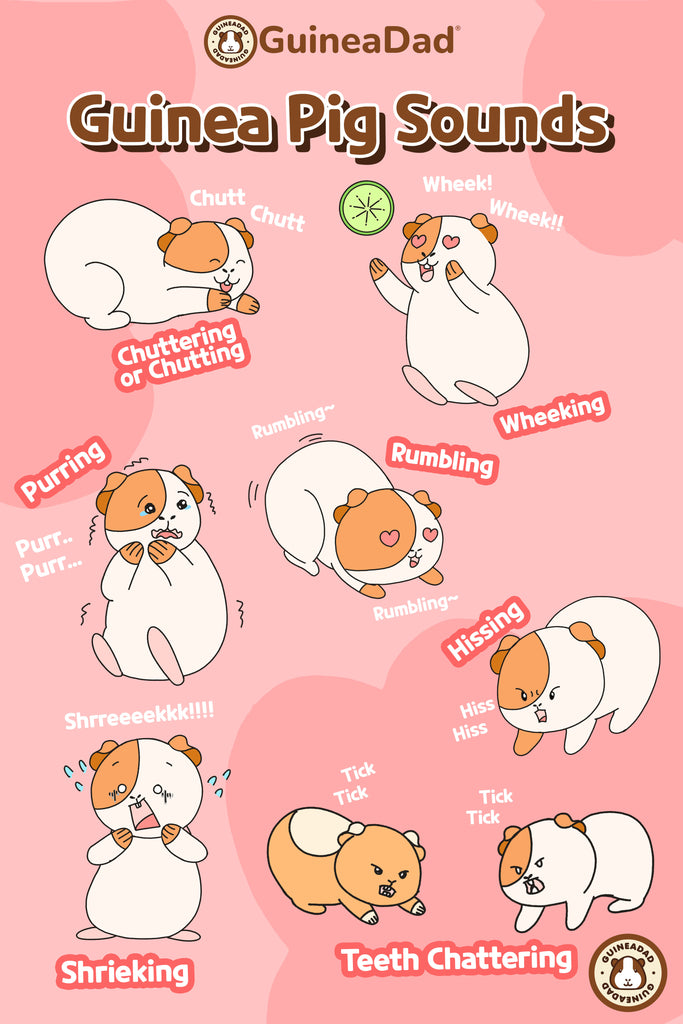
For most people, guinea pig noises may be funny or entertaining, however, experienced guinea pig owners and researchers have found meaning in these sounds. Let’s explore the meaning behind guinea pigs’ diverse noises so you can better understand what all that chatter is about!
Do Guinea Pigs Speak to Each Other?
If you think about the natural origins of guinea pigs, it makes sense that they would need to communicate amongst themselves. The ancestors of these pocket-sized pets were just as defenseless, making them the perfect prey animal. They also lived in small groups for protection, so they needed to communicate to maintain a social hierarchy and to warn others of danger.

Researchers have found that guinea pigs’ brains light up in different areas depending on what calls they are exposed to. Mother guinea pigs even have the ability to distinguish their babies’ calls from the calls of other young guinea pigs.
This suggests that guinea pigs may be able to recognize individuals by their voice. This tells us that no matter what kinds of guinea pig noises are being made, even in group settings, each guinea pig has an individualized sound that is distinguishable amongst each other.
Do Guinea Pigs Speak to Their Owners?
The good news is that guinea pigs and humans have a lot of similarities in our internal ear structure, allowing for similar interpretations of certain sounds. This is great because it allows us to hear variations in guinea pigs’ calls so we can differentiate them and discover their meanings.

While we may not be able to hear every nuance in a guinea pig’s chatter, we can hear a decent amount, and some findings even suggest that there is a guinea pig sound specific to interactions with humans, wheeking. The idea of noises guinea pigs make being something they created to communicate with us, their humans, is so sweet and heartwarming!
Are There Specific Guinea Pig Sounds with Specific Meanings?
What do guinea pig sounds mean? Considering the social structure, auditory capabilities, and consistent context in which most guinea pig noises are produced, it is very likely that all of their sounds have specific meanings. While we can’t be completely confident of a guinea pig’s intent each time it makes a noise, we can use research and context to make an educated assumption.
Listed below are some of the most common guinea pig noises and their interpretations:
Wheeking
This “wheeek wheeeek” sound normally starts low and increases in pitch towards the end of each-drawn out “wheek”. You’ve probably heard this guinea pig noise more times than you can put a number to.
The wheeking guinea pigs noise is possibly one of the most iconic guinea pig calls. It always maintains its distinct “wheek” sound but can vary in intensity, pitch, frequency, and repetition. Wheeking is most commonly expressed when guinea pigs are anticipating food. In some cases, they may even use this vocalization to remind their owner that they are hungry.

Wheeking has not been recorded as a vocalization in wild guinea pig populations, suggesting that it may be a noise specifically produced to communicate with people.
Purring, Chuttering, and Rumbling
When listening for a guinea pig’s purr, don’t think of a cat’s purr. Instead, imagine a low repetitive grumbling noise. Chutting or chuttering is similar to purring, but with shorter sounds. Chuttering and purring are commonly associated with a content guinea pig and these are some of the noises guinea pigs make when they’re happy, but purring can also be produced out of fear. Use body language to interpret these noises of guinea pigs more accurately.

Rumbling can be hard to distinguish from purring because it follows similar patterns and sounds at a lower pitch. This guinea pig noise normally comes with a swaying strut as a way to woo a mate. Some may refer to rumbling as "rumble-strutting", as it is a clear sign of expressing dominance.
The reason for it being called "rumble-strutting" is because of the action that comes with it. Some guinea pigs will often hold their head high or swing back and forth in the process.
Hissing, Shrieking, and Teeth Chattering
The first two guinea pigs’ noises in this category are hard to miss, though they shouldn’t happen too frequently for safe and happy guinea pigs. As with most animals, a hissing noise is a way to ward off unwelcome attention or a perceived threat. Shrieking can be the guinea pig version of a scream, so when you hear a sudden shriek it's a good reason to look for discomfort or danger.

Teeth chattering is one of the lowest noises and it can sound like a series of rapid and short squeaks or little “tick-tick-tick” sounds. Chattering can also be expressed as a sign of dominance. This vocalization generally happens before two males fight, when guinea pigs aren’t getting along, or when they are otherwise unhappy. If you remove a stimulus and find that the teeth chattering stops, you can determine what is upsetting your pet. Check out this blog post for more information!
There are plenty more noises that guinea pigs make. With experience and attention to detail, you can learn the intentions of your guinea pig’s specific sounds. Try your hand at deciphering a guinea pig’s noises next time you have the pleasure of meeting one, and always remember to consider physical cues with verbal cues.
Always try to keep in mind what makes your guinea pig happy or unhappy to improve the bond between you and your pet! Happy chatting!


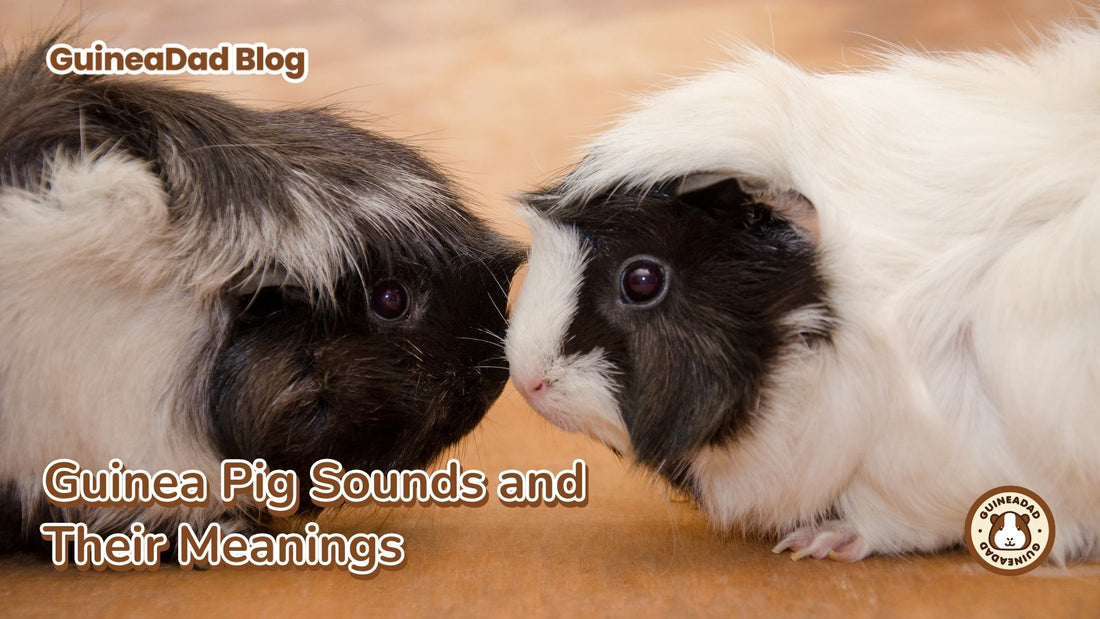









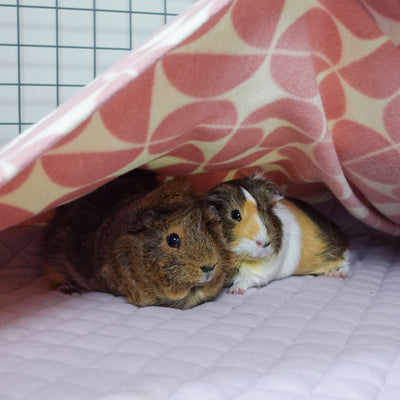










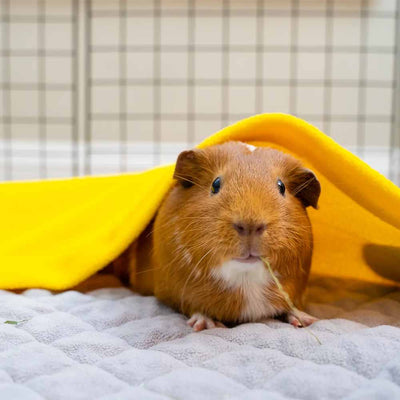
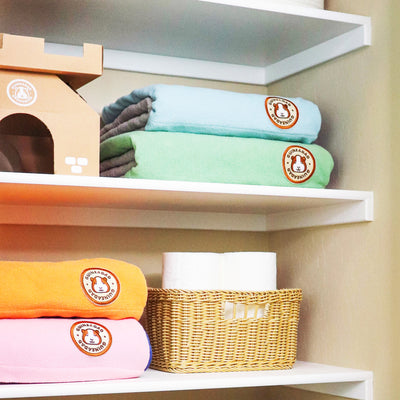

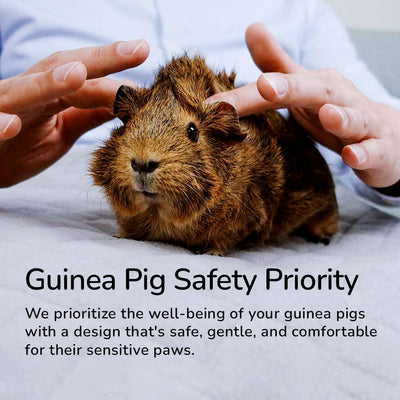


















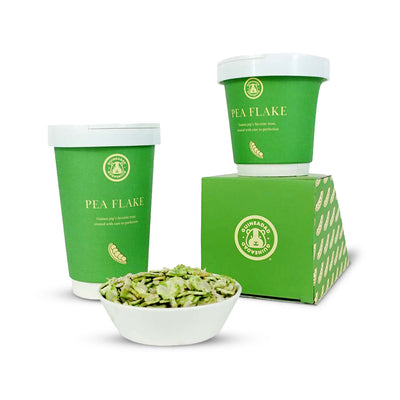
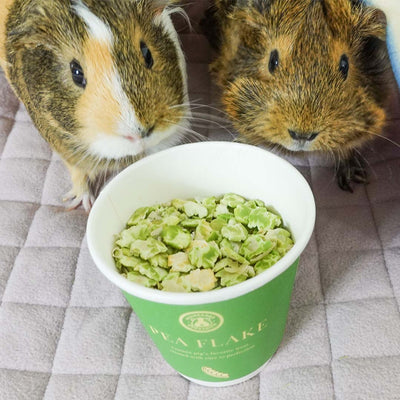
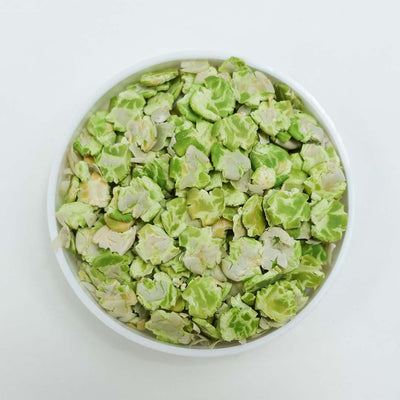
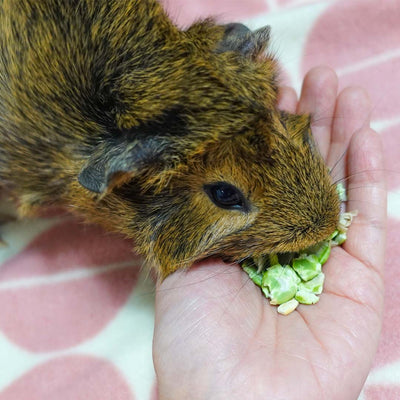
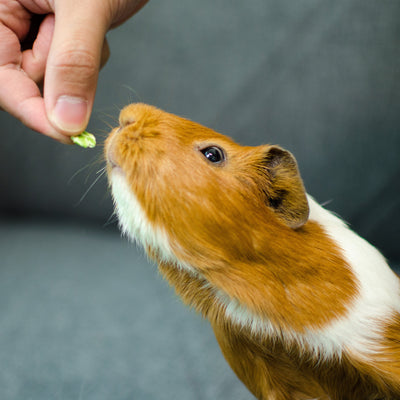


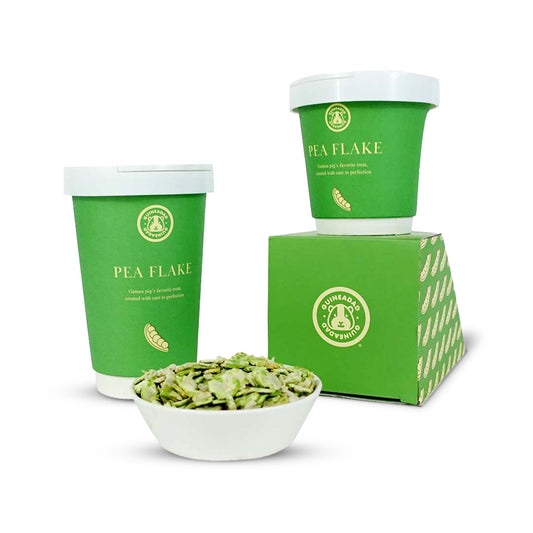
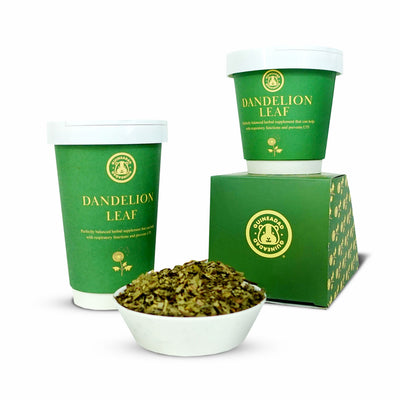
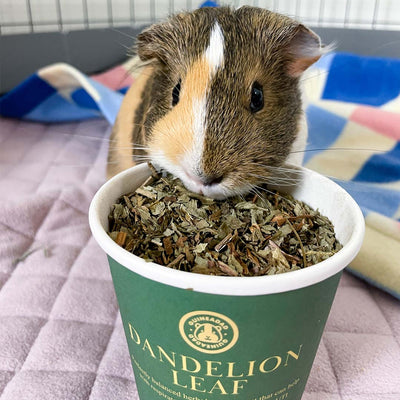
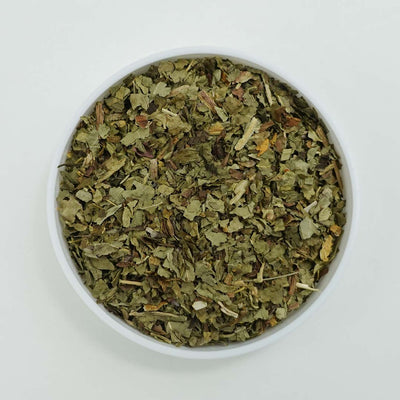
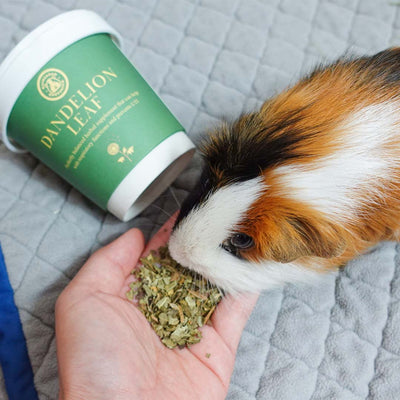


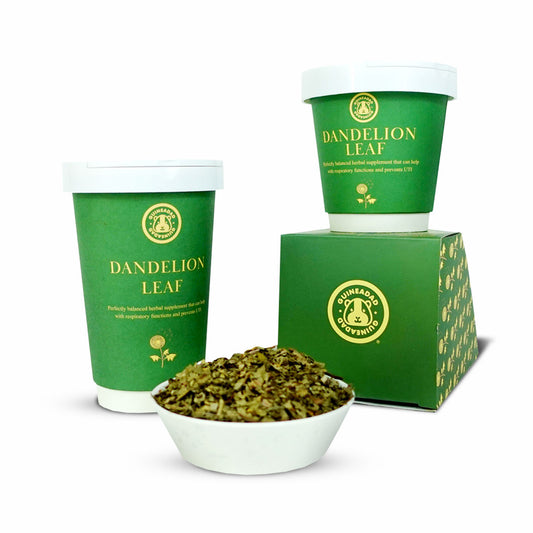
11 comments
I only heard weeking sound everytime i come near the cage, had heard the teeth chattering when being bullied by my other pet, immediately stop when i took the bully away.
I have a new 3-4 month old Guinea pig and he’s really quiet. What does that mean?
Why do you guinea pigs make a really loud squuuuuueak noise does that mean they’re scared? Does it mean that there sick?
First time pig owner here. And my pig has been eating a lot and making her wheeking sound tonight. It’s so cute!
You left out one noise piggies make. Chirping. I know this is rare but I have one sow. An Agouti named Sophie. She has chirped maybe a dozen times and everytime except once it was in the middle of the night. I read it meant they were scared and they could possibly be in a trance. After holding Sophie and comforting her she stopped making the chirping noise. I happened to record once. Such intetesting animals. I adore them!